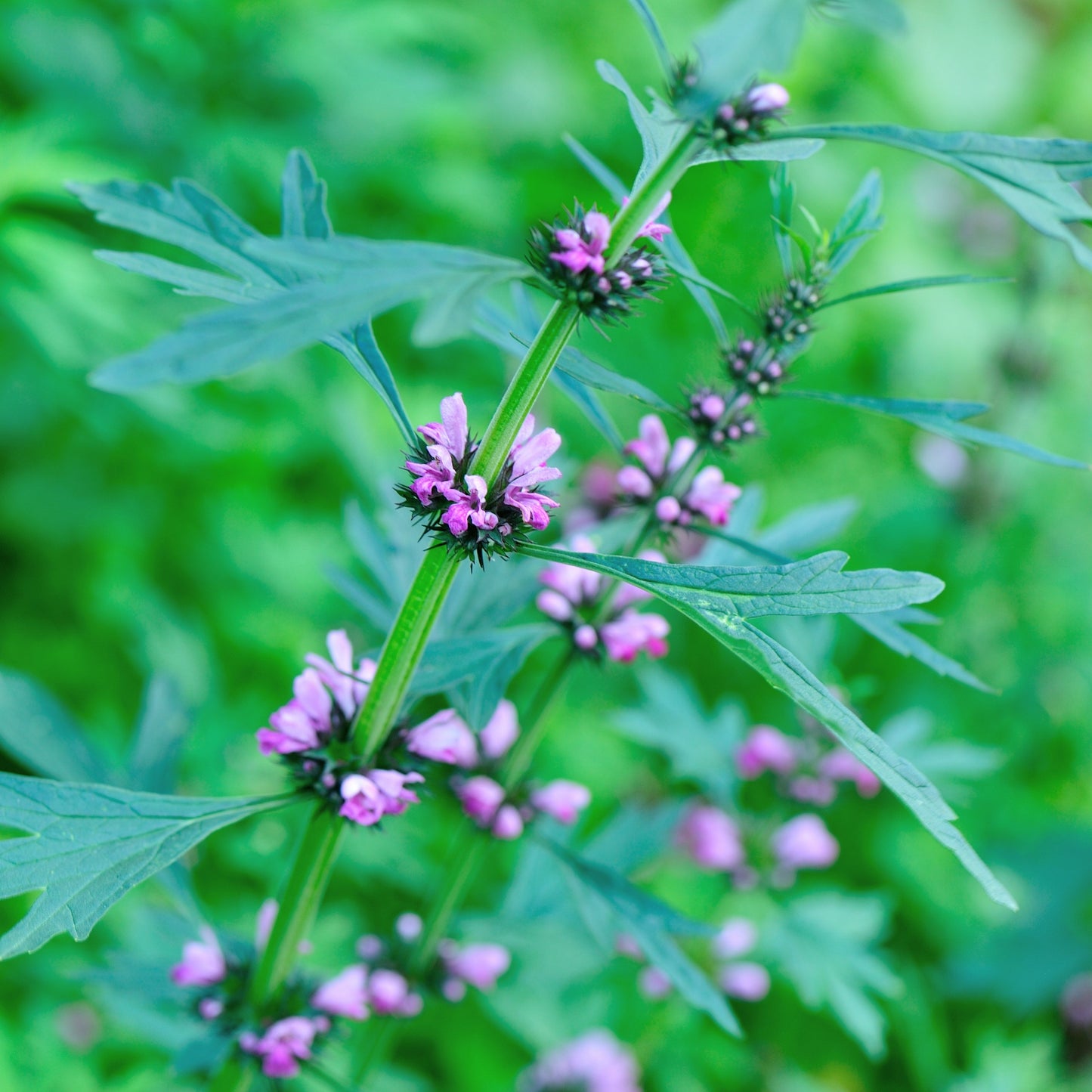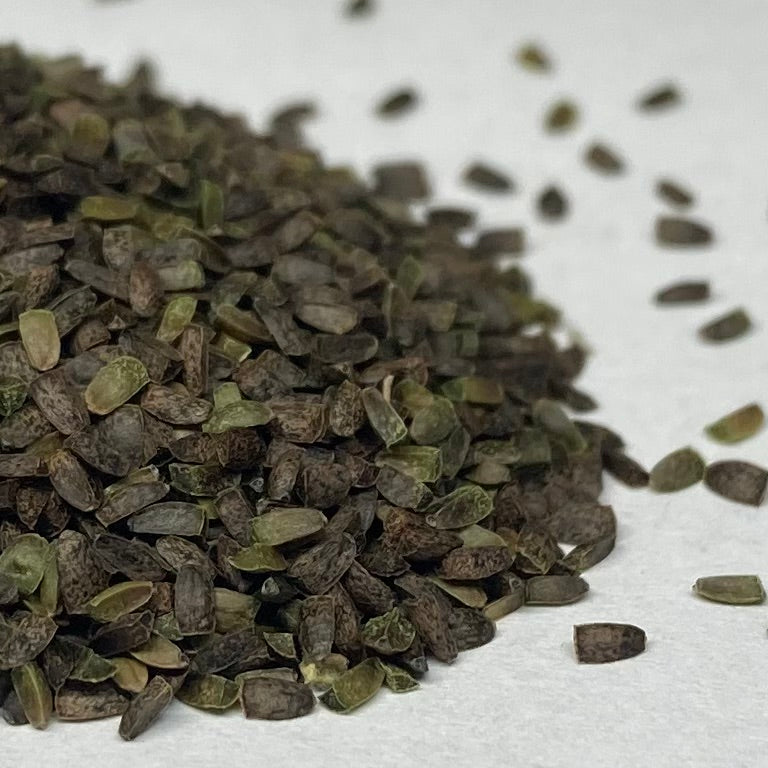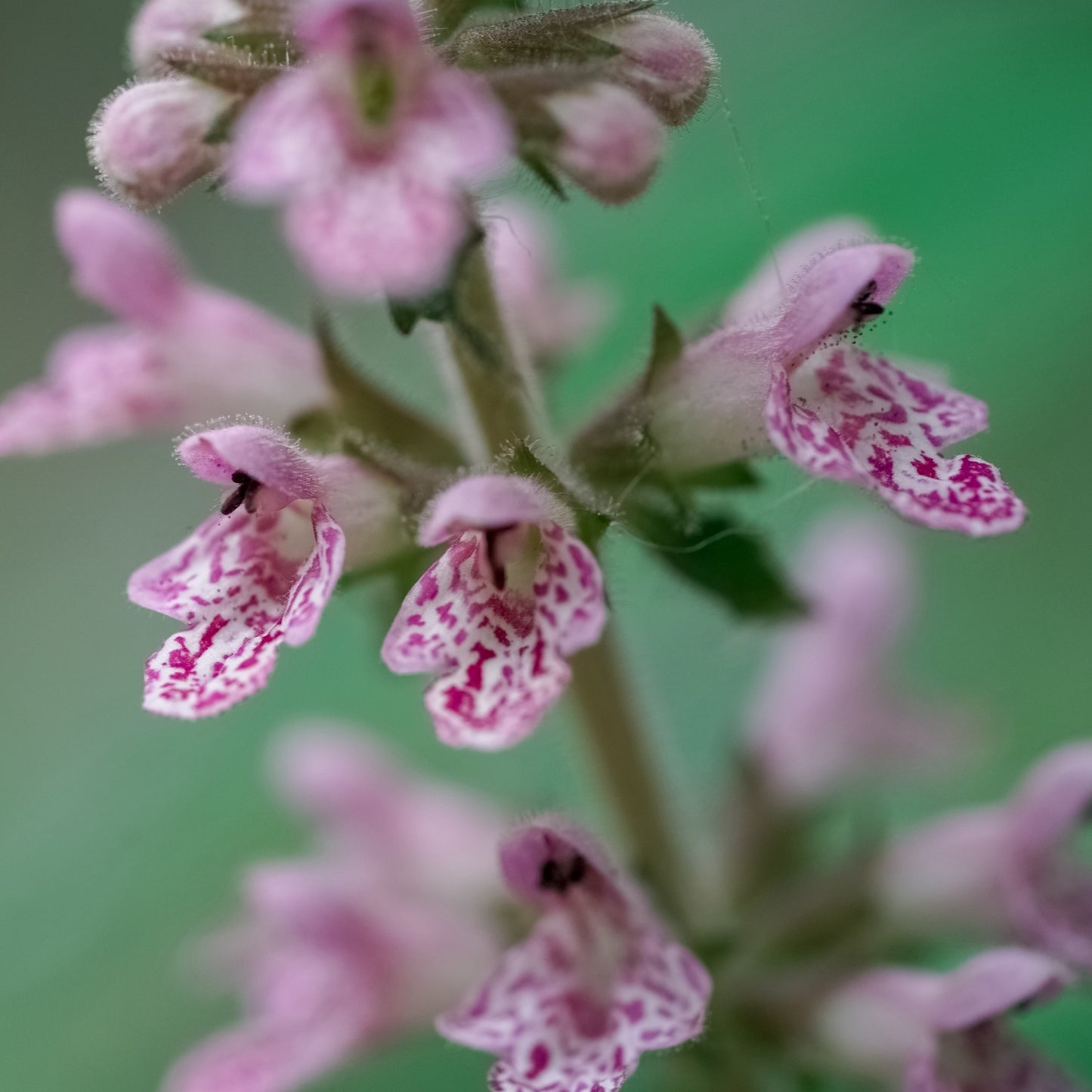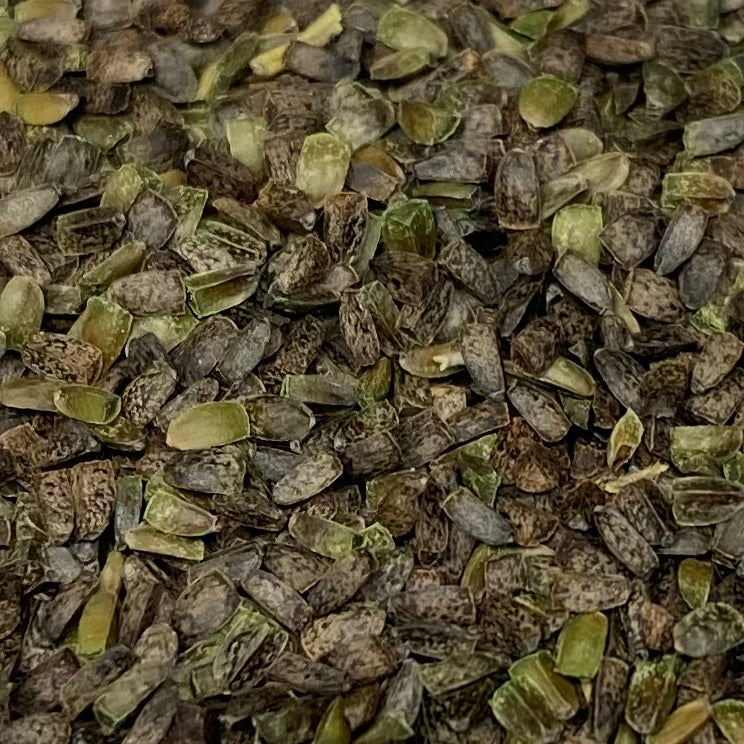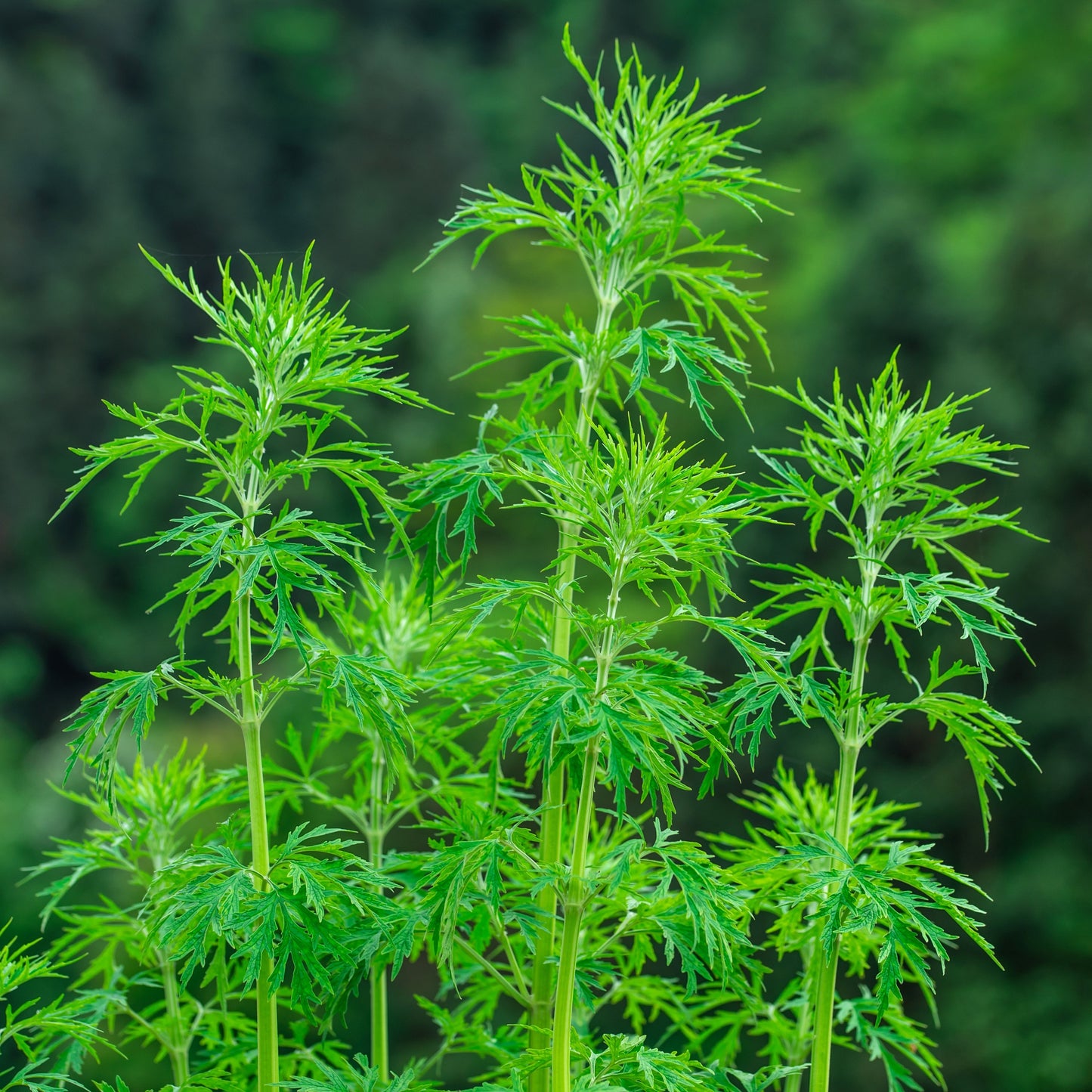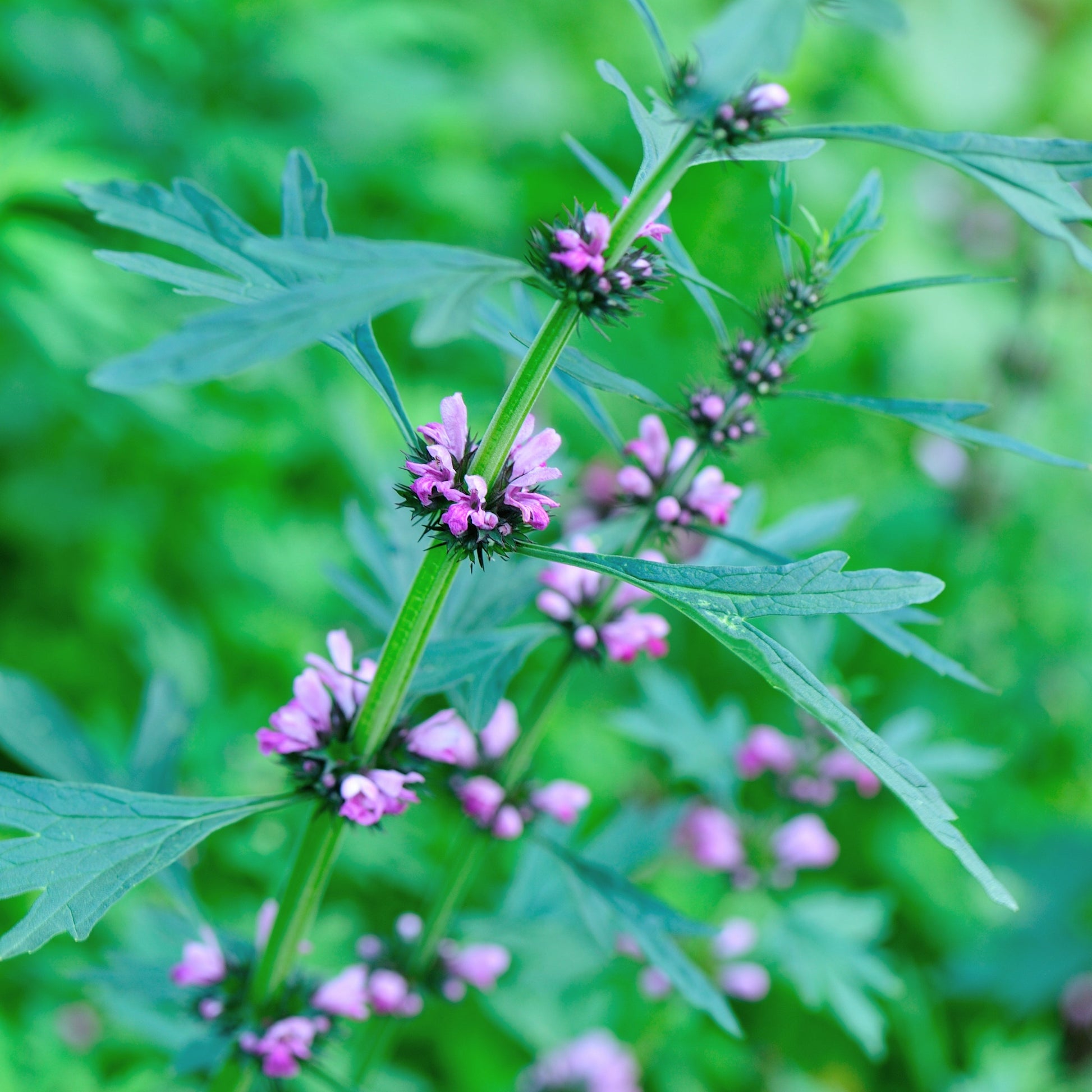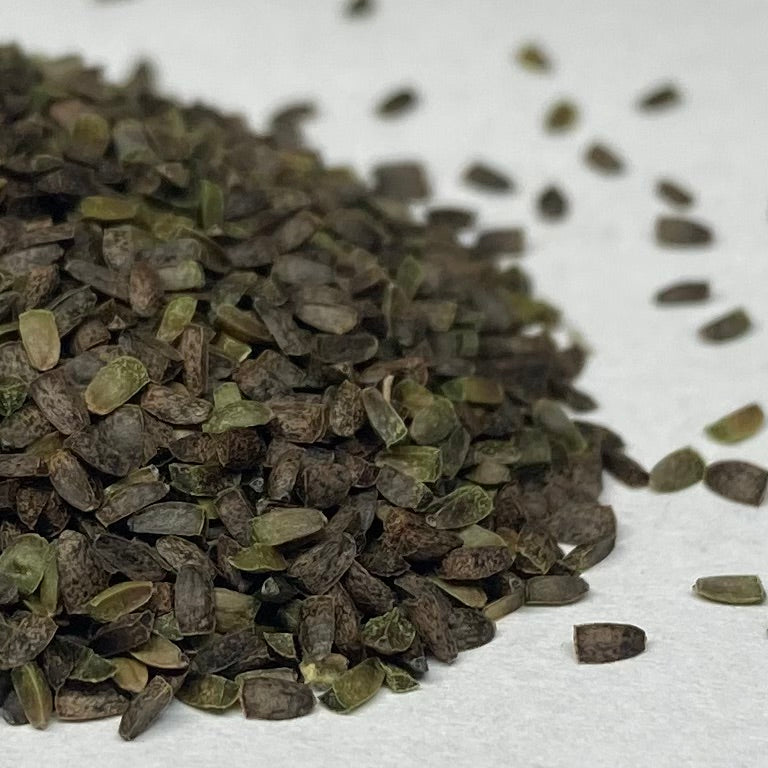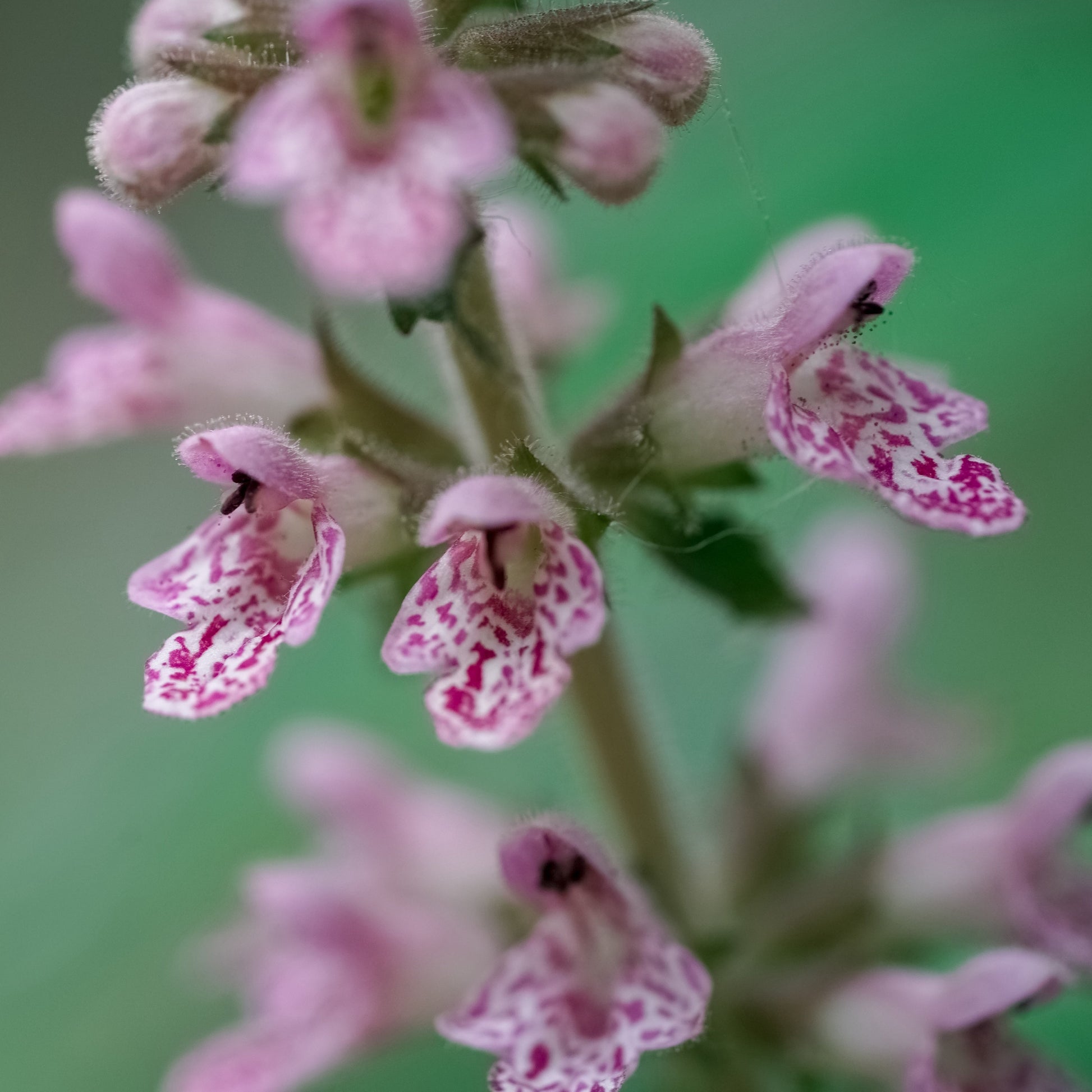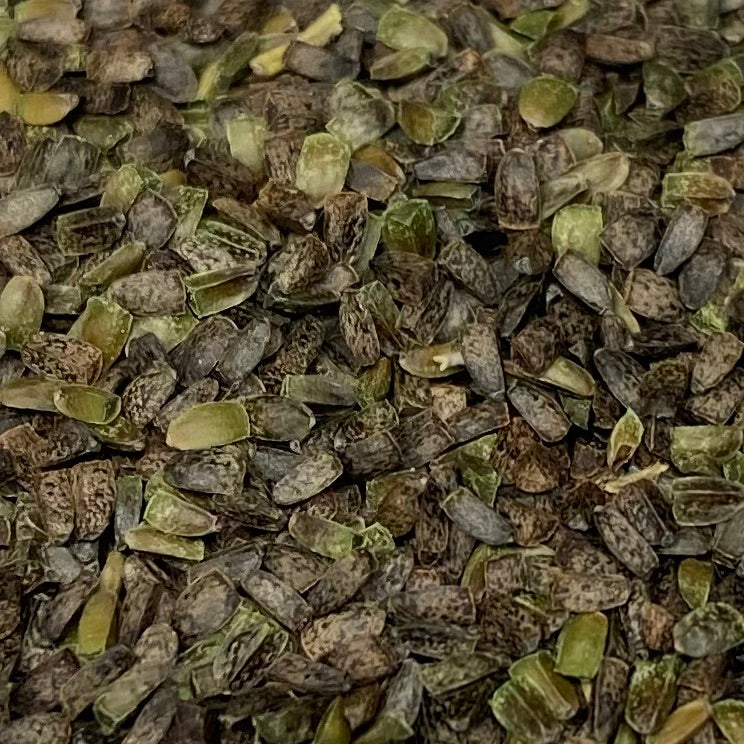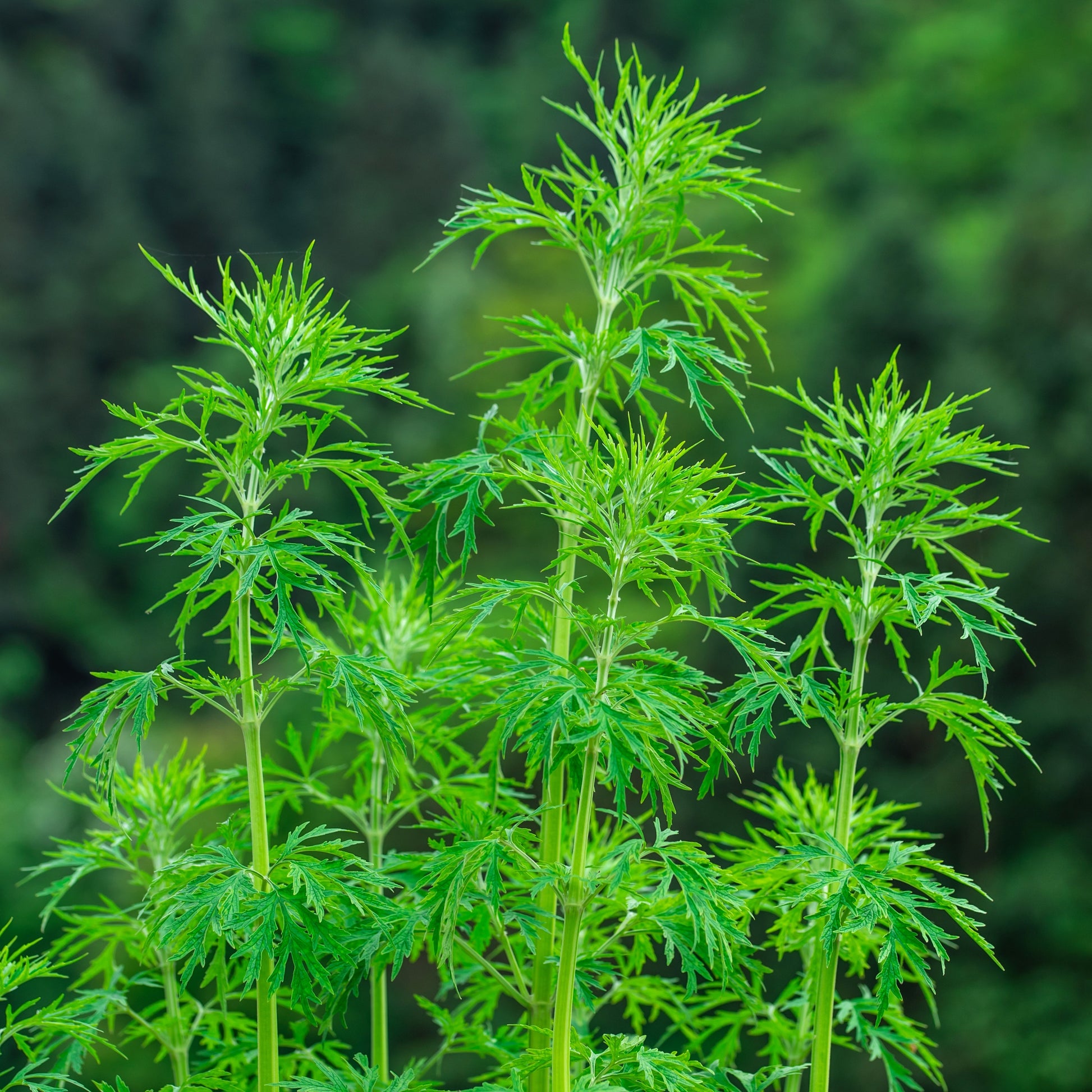Motherwort, Chinese aka. Yi Mu Cao (Leonurus heterophyllus)
List Price: $4.00
Couldn't load pickup availability
Yi Mu Cao, a name that translates to ‘benefit mother herb,’ is a plant often used in Traditional Chinese Medicine practice, and has been for at least 1800 years. As one might imagine from the name, Chinese Motherwort is said to help regulate menstrual health, hormonal balance for those with female reproductive systems, and fertility. It also has had use in helping regulate blood disorders, blood clotting and possibly even circulation in such a way that alleviates menstrual cramps. The dried aerial parts of this plant are what is used in herbal applications. Other traditional uses of Yi Mu Cao include for promotion of urine, helping ease edema (often experienced by pregnant people), and soothing skin inflammation.
Some ancient accounts indicate that prehistoric people, in need of sustenance, discovered that the seeds of Chinese Motherwort are similar to that of sesame in size and oil content. This plant was introduced from South China to Linnaeus in the mid-1700s, and unintentionally made its way onto sugar plantations in Brazil via seeds riding with products exported to the Portuguese. Difference in temperature and duration of season in parts of North America in comparison to Yi Mu Cao’s native lands makes it so that this herb will flower, but perhaps not set seed in certain regions.
